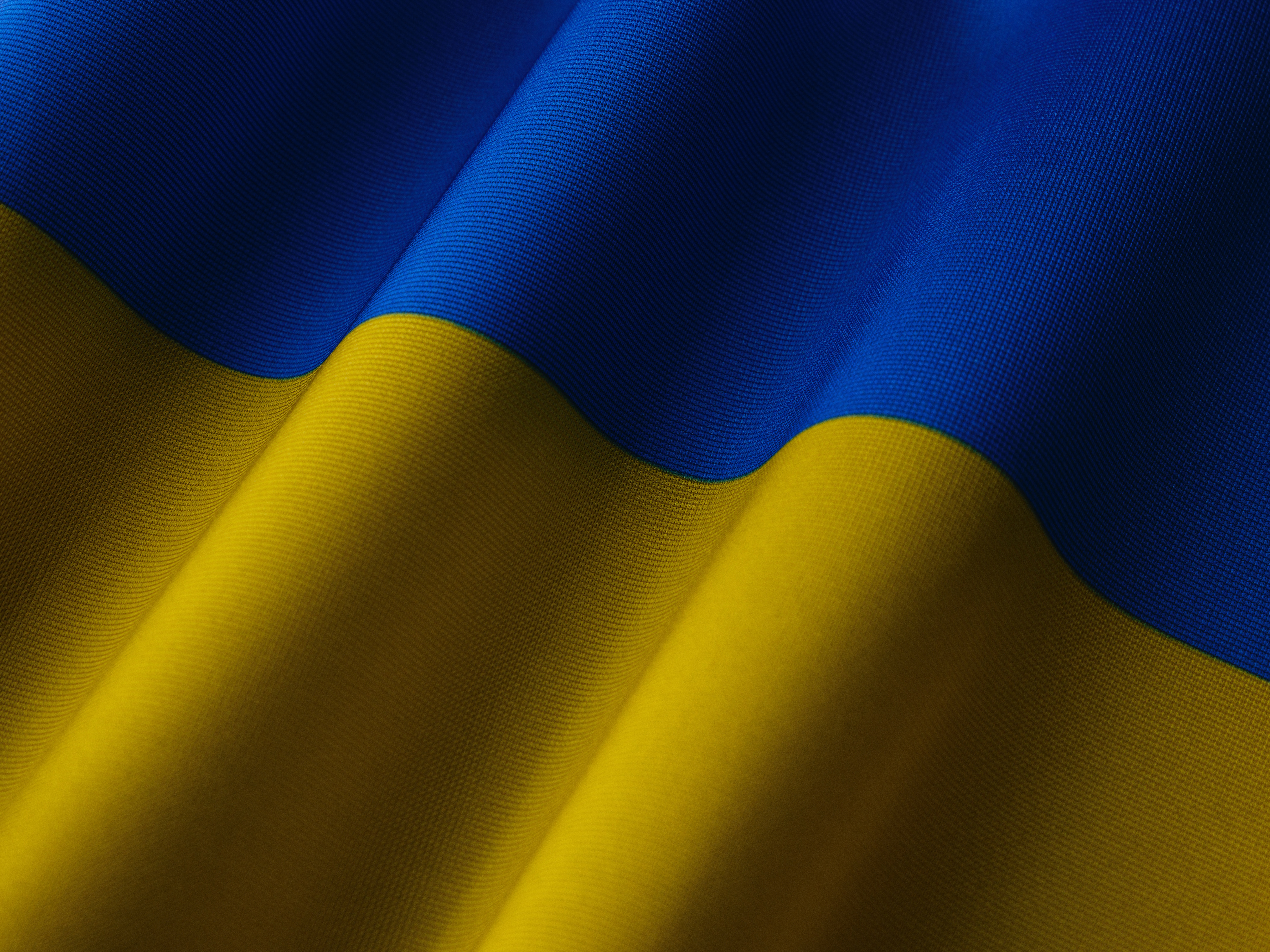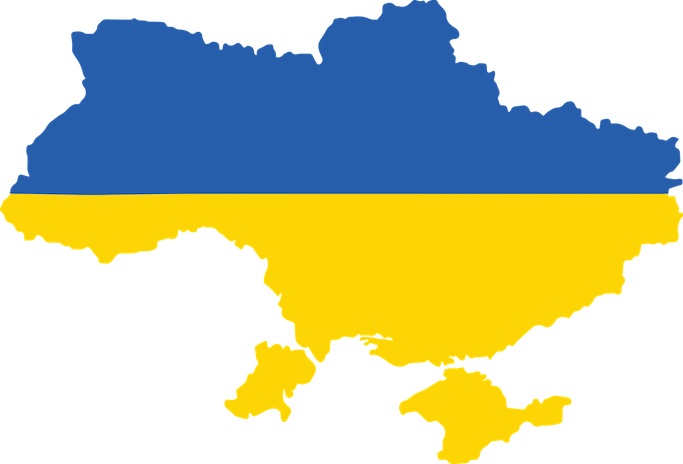One year ago, Russian troops launched a multipronged invasion of neighboring Ukraine. Russian president Vladimir Putin expected a lightning campaign that would capture the Ukrainian capital of Kyiv, topple the pro-Western government of Volodymyr Zelenskyy, and conquer a nation it had been chipping away at for nearly a decade. Today, Russia’s depleted forces are waging a war of attrition against a resolute Ukrainian military reinforced by billions of dollars in U.S. and European aid. Thousands of Ukrainians have died, millions more have fled the country. A conclusion to the conflict is nowhere in sight.
GW faculty experts are available to discuss the one-year anniversary of the Russian invasion of Ukraine. If you’d like to speak with a faculty expert, contact GW Media Relations at GWMedia gwu [dot] edu (GWMedia[at]gwu[dot]edu).
gwu [dot] edu (GWMedia[at]gwu[dot]edu).
Michelle Kelso, assistant professor of sociology and international affairs, focuses on migration within Europe and the memory and commemoration of the Holocaust in former Soviet countries, particularly Ukraine. Professor Kelso can draw on her own experience assisting Ukrainians escaping conflict zones to discuss the ongoing humanitarian crisis in the country.
Erwan Lagadec, an associate research professor at the Institute for European, Russian, and Eurasian Studies, where he leads Elliott School programs on EU and NATO affairs. Lagadec is an expert on NATO and the European Union and has taught classes on NATO’s strategic challenges as well as Western responses to Vladimir Putin’s foreign policy. He can discuss NATO’s relations with both Russia and Ukraine and how that plays into the conflict.
Marlene Laruelle is director of the GW Institute for European, Russian, and Eurasian Studies. She is an expert on the rise of populist and illiberal movements in post-Soviet Eurasia and can discuss Russia's ideological landscape and its relations abroad.
Robert Orttung, a research professor of international affairs and assistant director of the GW Institute for European, Russian, and Eurasian Studies, is an expert on comparative politics. He can discuss the conflict between Russia and Ukraine in detail. He can also discuss humanitarian aspects of the crisis, including the dynamics of displacement in Ukraine and how other European countries are responding.
Thom Shanker, director of the GW School of Media and Public Affairs’ Project for Media and National Security, is a former Moscow correspondent for the Chicago Tribune and Pentagon correspondent for the New York Times. Shanker can draw on his decades of journalistic experience to comment on numerous aspects of the conflict.
Daina Stukuls Eglitis, associate professor of sociology and international affairs, specializes in the experience of women during the Holocaust, World War II, and post-Soviet Eastern Europe. Professor Eglitis is able to delve into the past and present risks to women in war zones and atrocities committed against women by Russian troops.
David Szakonyi, an assistant professor of political science, is an expert on Russian politics, corruption, authoritarianism and money in politics, both in Russia and the U.S. His recent book “Politics for Profit: Business, Elections, and Policymaking in Russia” examines why business people run for elected political office worldwide.
-GW-




